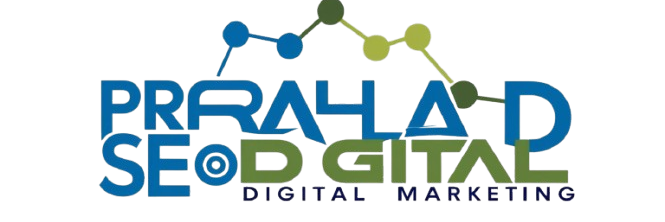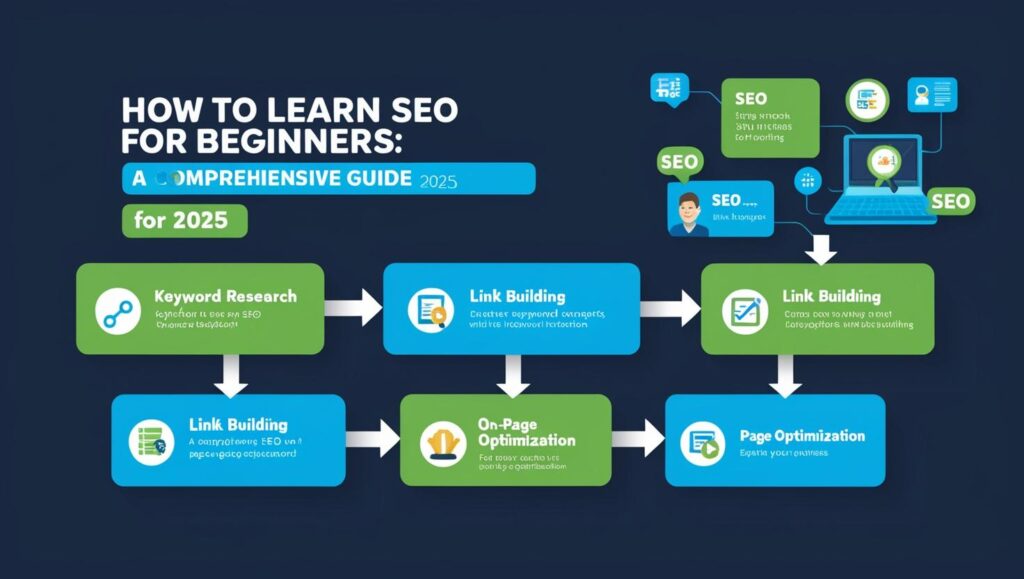How to Learn SEO for Beginners: A Step-by-Step Guide by 740330.HostingerSite.com
Search Engine Optimization (SEO) is one of the most powerful tools for increasing visibility and driving organic traffic to your website. Whether you’re a small business owner, a content creator, or a digital marketer, learning SEO is an essential skill. At 740330.HostingerSite.com, we understand the importance of SEO in growing an online presence, and we’re here to guide you through the process of mastering SEO from scratch.
In this blog post, we’ll cover the fundamentals of SEO and how you can begin learning it as a beginner. Let’s get started!
1. Understand What SEO Is
SEO stands for Search Engine Optimization. It’s the process of optimizing your website to rank higher in search engine results pages (SERPs) like Google, Bing, or Yahoo. The goal is to make your site more visible and accessible to users who are searching for content related to your niche.
SEO encompasses various strategies, including keyword research, on-page optimization, technical SEO, content creation, and link building.
2. Learn the Basics of How Search Engines Work
Before diving into the technical aspects of SEO, it’s crucial to understand how search engines work. Search engines use algorithms to determine which websites should appear in search results for specific queries. They look at factors like relevance, authority, user experience, and page speed.
Some key concepts to familiarize yourself with:
-
Crawling: Search engines send bots to discover and index web pages.
-
Indexing: The process of storing web pages in the search engine’s database.
-
Ranking: How search engines decide which pages appear at the top of search results.
3. Master Keyword Research
Keyword research is one of the first steps in any SEO strategy. It involves finding the words and phrases people are searching for that are related to your website’s content. Using the right keywords can help your website rank higher in search results.
Here are a few tips for effective keyword research:
-
Use tools like Google Keyword Planner, Ubersuggest, or SEMrush to find popular and relevant keywords.
-
Focus on long-tail keywords (specific phrases with low competition) to attract more targeted traffic.
-
Look at what your competitors are ranking for and try to target similar or better keywords.
4. Optimize Your Website for On-Page SEO
On-page SEO refers to optimizing individual web pages to rank higher in search engines and provide a better user experience. This involves improving various elements of your website, such as:
-
Title Tags: Make sure each page has a unique, descriptive title that includes your target keyword.
-
Meta Descriptions: Write compelling meta descriptions that summarize the content of your page and include relevant keywords.
-
Header Tags (H1, H2, H3): Use header tags to structure your content and make it easier for search engines and users to navigate.
-
URL Structure: Ensure that your URLs are clean, descriptive, and include keywords when possible.
5. Focus on Technical SEO
Technical SEO ensures that your website is set up for optimal crawling and indexing by search engines. While it may seem complicated at first, there are some key elements that every beginner should focus on:
-
Mobile-Friendly Design: Google uses mobile-first indexing, so make sure your site is mobile-responsive.
-
Site Speed: A fast-loading website improves user experience and can boost your rankings.
-
SSL Certificates: Google gives a slight ranking boost to secure websites, so install an SSL certificate (look for the HTTPS prefix).
-
XML Sitemap: An XML sitemap helps search engines understand the structure of your website and index it properly.
6. Content is King
Creating high-quality content is one of the most important SEO strategies. When you write valuable, informative, and engaging content, it encourages visitors to spend more time on your site, which signals to search engines that your site is useful.
-
Focus on user intent: Think about what your audience is looking for and provide answers.
-
Use your keywords naturally: Don’t overstuff your content with keywords. Aim for a natural flow.
-
Update content regularly: Fresh content is favored by search engines, so update your posts and articles periodically.
7. Build Backlinks
Backlinks, or inbound links, are links from other websites to your own. Search engines consider backlinks as a vote of confidence in your content. The more high-quality backlinks you have, the more likely your website will rank higher.
-
Focus on earning backlinks from authoritative websites in your niche.
-
Use guest blogging, influencer outreach, and content marketing to build your backlink profile.
8. Track and Analyze Your SEO Progress
SEO is an ongoing process. To improve and refine your strategy, you need to track your progress. Some tools to help you monitor your SEO efforts include:
-
Google Analytics: Provides insights into your website’s traffic, user behavior, and more.
-
Google Search Console: Helps you monitor your website’s performance in search results and fix any issues.
-
Ahrefs or SEMrush: These tools help you track your rankings, backlinks, and competitor performance.
9. Stay Updated
SEO is constantly evolving. Google frequently updates its search algorithms, so it’s essential to stay informed about the latest trends and best practices. Follow industry blogs, attend webinars, and participate in online SEO communities to keep your knowledge fresh.
Conclusion
Learning SEO as a beginner can seem overwhelming at first, but with the right approach and resources, you can start to see improvements in your website’s search engine rankings. At 740330.HostingerSite.com, we offer valuable tools and resources to help you build a strong SEO foundation and take your website to the next level.
Start with the basics, take it one step at a time, and be patient—SEO results don’t happen overnight, but with consistency, your efforts will pay off.
Do you have any questions or want more tips on getting started with SEO? Feel free to reach out to us at 740330.HostingerSite.com!

